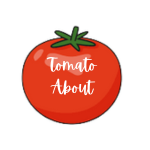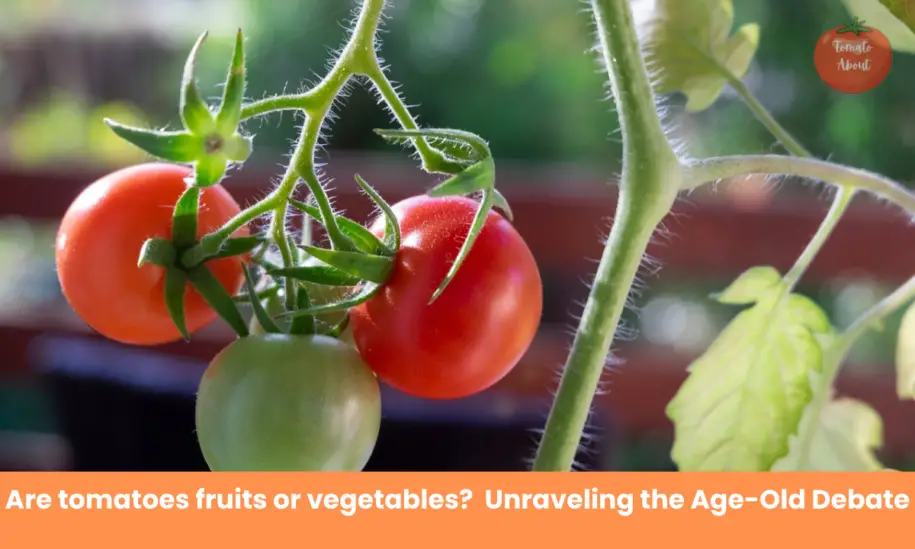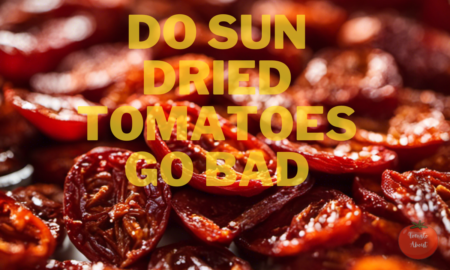Key Takeaways
- The debate over whether tomatoes are fruits or vegetables has persisted for centuries and spans scientific, culinary, and legal perspectives.
- Botanically, tomatoes are fruits since they develop from the ovary of a flower and contain seeds, aligning with the botanical definition of fruits.
- In the culinary world, tomatoes are commonly treated as vegetables due to their savory taste and inclusion in savory dishes.
- Legally, tomatoes have been classified as both fruits and vegetables, with their legal status depending on their use, whether as fresh produce or processed products.
- Tomatoes offer a unique nutritional profile that combines the benefits of both fruits and vegetables, making them a versatile and healthy addition to one’s diet.
Tomatoes are one of the most beloved and popular produce items that grace our tables. From being sliced and added to salads, sauces, sandwiches, and more – tomatoes find their way into countless recipes and culinary creations.
However, there has been an ongoing debate for ages – are tomatoes vegetables or fruits? This may seem like a trivial matter, but it has sparked impassioned arguments among chefs, nutritionists, botanists, and home cooks alike.
In this article, I’ll explore both sides of this debate, look at it from scientific, culinary, and legal perspectives, and try to arrive at a definitive conclusion on the true nature of the humble tomato. So read on to finally settle this age-old question!
A Brief History of the Tomato
To better understand this debate, let’s start with a quick history lesson. The tomato originated in South America, first cultivated by the Incas and Aztecs as early as 700 AD. However, when Spanish colonists arrived in the 16th century, they were suspicious of these bright red, poisonous-looking berries.
Tomatoes were only grown as ornamental plants in Europe and were not considered fit for eating. In fact, tomatoes belonged to the nightshade family, which included deadly plants like belladonna. This further added to the belief that tomatoes were poisonous and unsafe to eat.
It was only in the late 1800s that tomatoes finally shed their deadly reputation and were accepted as food. Immigrants from Southern Italy helped popularize tomatoes in North America. But the question remained – were they a vegetable or fruit? Let’s analyze from different standpoints.
The Botanical Perspective – Tomatoes are Fruits
Botanically speaking, there is no dispute that tomatoes are fruits. Fruit is defined as the mature ovary of a plant that contains the seeds. So any structure that arises from the ovary after fertilization and contains seeds is technically a fruit.
Tomatoes form from the ovary of the tomato flower post-fertilization and encase the seeds, fulfilling the criteria for being a fruit. Other typically sweet or tart examples like oranges, apples, and grapes are all also fruits by this definition.
So if we go by scientific classification alone, tomatoes are undoubtedly fruits. The confusion arises because most fruits are sweet and tomatoes are savory, which associates them more with vegetables in our minds.
The Culinary Perspective – Tomatoes are Vegetables
Now, if we move to the kitchen, tomatoes are treated as and considered vegetables by chefs, cooks, and cuisine traditions across the globe. No one would put tomatoes in a fruit salad or eat them for dessert because their savory taste profiles associate them firmly as vegetables in the culinary arts.
Tomatoes are a key component of dishes like salads, pastas, pizzas, sandwiches, and other savory items, instead of sweet preparations. Most chefs consider the taste, texture, and uses of a produce item rather than technical classifications.
So from the culinary angle, tomatoes operate entirely like a vegetable and no chef would ever treat them as a fruit.
The Legal Perspective – Tomatoes are Both!
This is where the debate gets really interesting! From a legal and duty standpoint, tomatoes have been classified as both vegetables and fruits in different scenarios.
The most famous case is from 1893 when the U.S. Supreme Court settled a trade dispute on whether tomatoes should be taxed as vegetables or fruits. The court unanimously declared tomatoes legally as vegetables based on their uses.
However, in 1937 federal law reversed this decision and classified tomatoes as fruits since they are botanically fruits. But even today, the legal classification varies based on whether tomatoes are used as produce or processed products.
Whole fresh tomatoes are treated as fruits for trade purposes based on scientific precedence. But imported tomato products like ketchup, sauces, and juices are taxed as vegetables due to their savory nature.
So in the eye of the law, tomatoes swing both ways!
Nutritional Profile – Best of Both Worlds
Adding another layer to this debate is the nutrition profile of the tomato. Turns out, tomatoes offer the benefits and nutrients of both fruits and vegetables, making them a superfood no matter how you classify them!
Tomatoes contain decent amounts of vitamin C, potassium, vitamin K, and folate like most fruits. But being part of the plant kingdom, they also pack a wide array of other vitamins, minerals, and antioxidants found commonly in vegetables.
Some prominent antioxidants are lycopene, beta-carotene, and lutein. Together, these nutrients reduce inflammation, lower heart disease risk, improve eye health, and offer antioxidant protection against diseases.
So regardless of whether you think of tomatoes as fruits or vegetables, include them generously in your diet to reap their amazing benefits!
Tip: Eat tomatoes with a little olive oil to increase absorption of the powerful antioxidant lycopene.
Personal Take: Tomatoes Can Be Both!
After looking at multiple angles, my stance is that tomatoes can be considered both fruits and vegetables.
In my opinion, they perfectly meet the definition of being fruits. But at the same time, their savory flavor and culinary usage also legitimately qualify them as vegetables.
This is a subjective matter open to individual interpretation based on whether priority is given to scientific or cultural definitions. For me, I find it easiest to view tomatoes as either fruits or veggies based on the context.
In conversations on botany and plant characteristics, it makes sense to classify tomatoes as fruits. But while cooking up a storm in the kitchen, tomatoes transform seamlessly into vegetables that make dishes deliciously savory.
The same tomato can take on different identities without losing its essence! Personally, I enjoy tomatoes to the fullest no matter how I refer to them.
Final Verdict – The Tomato’s Dual Identity
After examining multiple perspectives, I believe the evidence points to the tomato having characteristics of both fruits and vegetables.
Scientifically, it meets every criterion for a fruit. But culinarily and legally, it is often classified as a vegetable depending on the context. The tomato’s nutrition profile also combines the best of both.
In my opinion, the tomato deserves to have a dual identity. It embodies traits from two different food groups, and trying to put it strictly in either basket seems too limiting.
The same tomato can assume the role of fruit and vegetable interchangeably. It essentially bridges the gap between the two categories in a profound way.
At the end of the day, whether you consider it a fruit or vegetable, what truly matters is making the most of the tomato’s amazing flavors and nutritional benefits.
The centuries-old debate on the tomato’s true identity continues to this day. But in my view, the tomato’s dual fruit-vegetable persona is what makes it so special – and so indispensable to cuisines across the world.
So next time you eat a juicy tomato, appreciate it for the unique plant-based superfood it is, no matter what label you assign to it!
References
The Editors of Encyclopaedia Britannica. (2020, January 28). Tomato. Encyclopaedia Britannica. https://www.britannica.com/plant/tomato
State Fruit and Vegetable Symbolizations. (2021, August 5). USDA. https://www.fns.usda.gov/snap/state-fruit-and-vegetable-symbolizations



